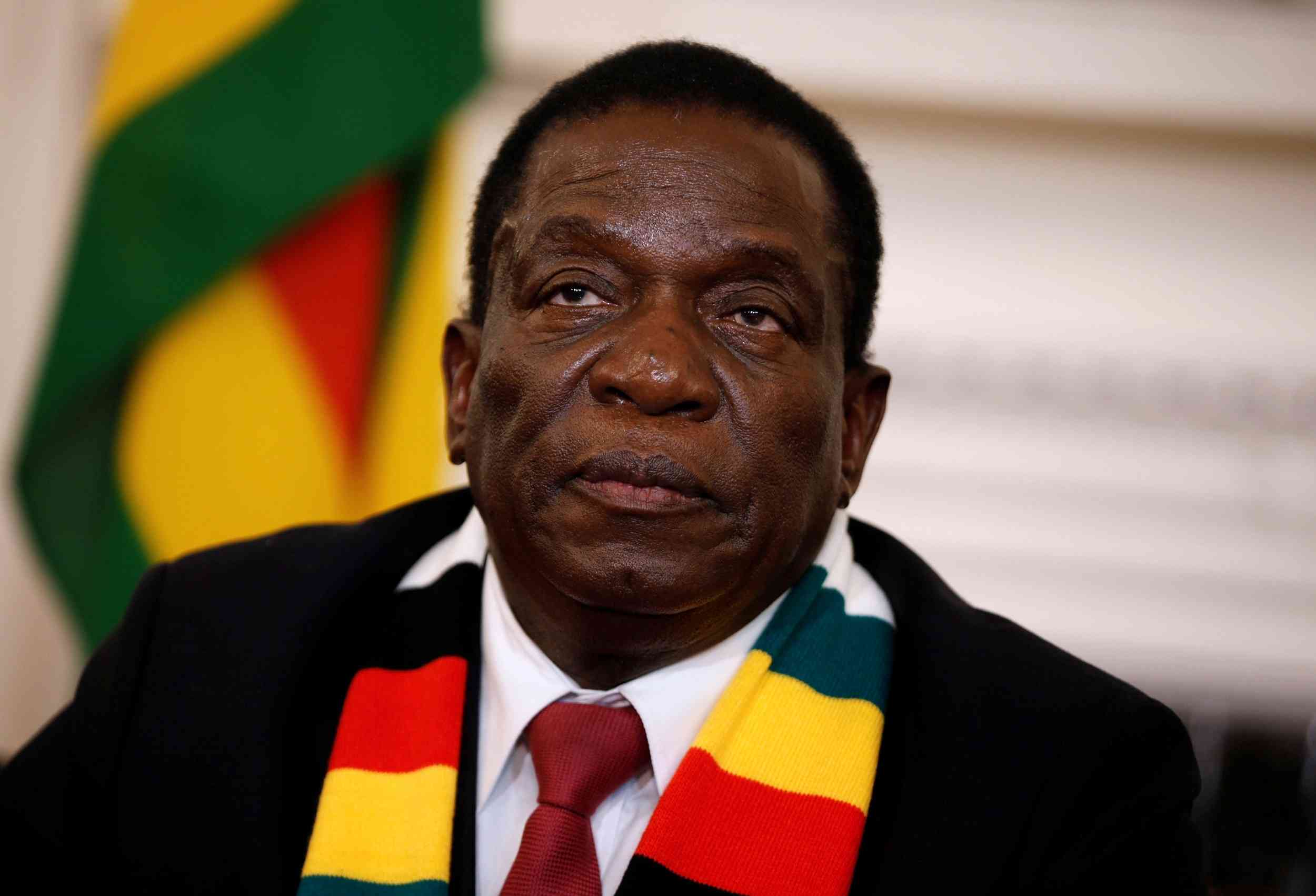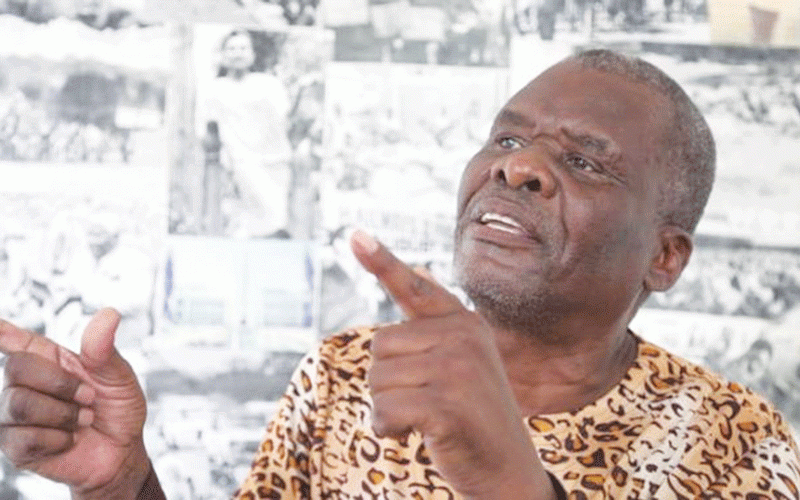
THE government has created the Project Preparation and Development Fund (PPDF) under Treasury to finance feasibility studies for public-private partnerships (PPP) before such agreements are signed.
This is because such projects signed from February 2020 to date are now worth US$4,2 billion, according to the Office of the President and Cabinet, and thus the government wants to raise that amount.
What the PPDF means, however, is that taxpayer money will, for all intents and purposes, go towards formulating a report on PPPs.
A whole government needs money for reports? And we need to pay for it?
Perhaps the shocking thing here is that State entities and government departments are so disorganised, untrusted by private players, corrupt and that whatever existing feasibility studies are questionable.
This is why attacking the causes of ineffective feasibility is only but a symptom of the real issue, policies and funding strategies.
The ongoing explosive Al Jazeera documentary four-episode series exposing how gold is used to wash money is already exposing how the government has weak policies that cannot close the gaps for potential money laundering.
However, we hasten to say allegedly.
- Screaming about corruption rude
- Al Jazeera exposé: ED allies probed
- Al Jazeera documentary won’t change anything
- Letters: Delimitation report: Unpacking the facts
Keep Reading
A fund is not needed for feasibility studies, what is needed is to analyse why PPP projects stall and lack proper funding.
A good example of this is that at last year’s Renewable Energy Conference hosted by Alpha Media Holdings, the Energy and Power Development ministry revealed that more than 90 licences were issued to independent power producers (IPPs). However, only 20 had shown any progress.
Now, part of the reasons given for this slow process is that private players are lying about their capacity to deliver on PPP projects, which in some cases is true.
President Emmerson Mnangagwa is repeatedly making pronouncements that private investments would be safe in the country under his stewardship, but the reality on the ground is that none appears to be willing to take him on his word, until he puts in place the right policy framework.
If the government had the right policies in place, foreign investors could be enticed to invest their monies and provide adequate capital to government to cater for such projects.
Private players would also be able to easily bring in investment that could help them speedily seek out external financing to operationalise PPP projects.
Policies like dealing with exchange rate disparities, shortening the bureaucracy, enshrining property rights, and dealing with corruption, can really go a long way in improving the PPPs.
There is a reason why the expression is “elephant in the room” and not “ant in the room”.
Maybe, the government should heed that.






